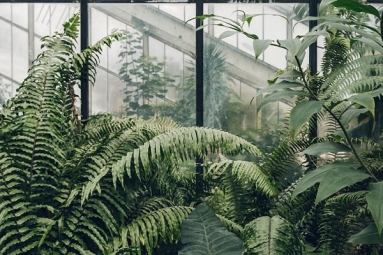The study appeared in the March 21 issue of Proceedings of the Royal Society B suggests that human noise could affect the animal and plant life.
The research conducted by Clinton Francis of the National Evolutionary Synthesis Centre, North Carolina (US) said that there was a significant change observed in birds and animals behavior in response to manmade noise, such as the din of traffic or the hum of machinery. The effect was transferred to plants too as, many animals also pollinate plants or eat or disperse their seeds. The study goes on to suggest that the affect would have its impact even after the noises die out with time.
In cases where noise has ripple effects on long-lived plants like trees, the consequences could last for decades, even after the noise goes away, reported the journal Proceedings of the Royal Society B, citing a statement of the centre. In previous studies, Francis and colleagues found that some animals increase in numbers near noisy sites, while others decline. But could animals' different responses to human noise have indirect effects on plants too, the researchers wondered.
To find out what animal responses to noise might mean for plants, the researchers conducted a series of experiments from 2007 to 2010 in the Bureau of Land Management’s Rattlesnake Canyon Wildlife Area in north-western New Mexico. Pollen transfer was also more common in the noisy sites. “If more hummingbird visits and greater pollen transfer translates to higher seed production for the plants, the results suggest that "hummingbird-pollinated plants such as scarlet gilia may indirectly benefit from noise", Francis said. (With inputs from internet- AarKay)


















